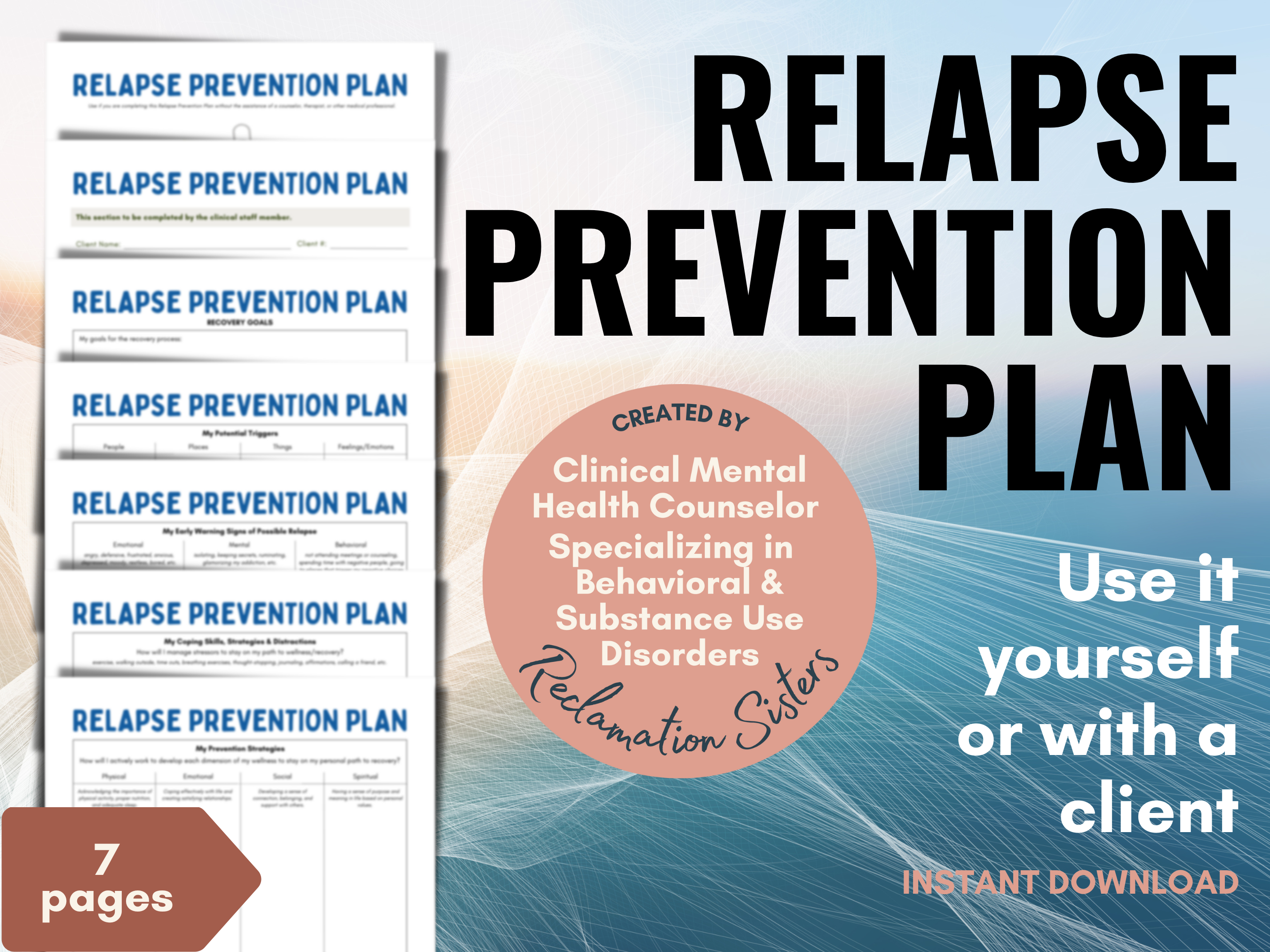- Oct 15, 2025
The Power of Self-Awareness in Addiction Recovery
Recovery is more than just breaking free from substances—it’s a journey of rediscovery. At its core, addiction recovery is about understanding yourself: your thoughts, your emotions, your triggers, your needs, and your values. That understanding begins with self-awareness.
What Is Self-Awareness?
Self-awareness means being able to observe your own thoughts, feelings, and behaviors without judgment. It’s noticing what’s happening inside you and how it connects to what’s happening around you.
In addiction recovery, self-awareness helps individuals recognize the patterns that fuel their addiction—the automatic thoughts, the emotional triggers, the stressors, and even the moments of loneliness or shame that can lead to relapse.
Developing self-awareness isn’t about blame. It’s about understanding. It’s the difference between reacting impulsively and responding with clarity and choice.
Why Self-Awareness is So Important in Recovery
It helps identify triggers and warning signs.
By tuning into thoughts and emotions, people in recovery can recognize the early warning signs of relapse. Maybe it’s a familiar stress response, a certain social setting, or a feeling of being disconnected. Self-awareness allows you to notice those moments early—before they take hold. Start building your recovery toolbox today! Check out our relapse prevention plan to identify your triggers and warning signs.It builds emotional regulation.
Addiction often develops as a way to cope with uncomfortable feelings. When someone becomes more self-aware, they begin to understand their emotions instead of numbing them. That awareness creates space for healthier coping strategies—like mindfulness, connection, and self-care.It supports honesty and accountability.
True recovery depends on honesty—first and foremost with yourself. Self-awareness helps people face difficult truths: the pain caused by addiction, the losses, the fears, and the hopes for something better. That honesty builds integrity and trust, both internally and in relationships.It strengthens relationships.
Addiction isolates. Recovery reconnects. When individuals become more aware of how their words and actions affect others, empathy and communication improve. Self-awareness helps restore broken relationships and build healthier ones going forward.It fosters growth and purpose.
As people grow in awareness, they often discover who they truly are beyond addiction. What are their values? What brings them peace or joy? What kind of person do they want to be? This rediscovery process lays the foundation for long-term recovery and a meaningful life.
Grab your copy of the Relapse Prevention Plan now!
How to Cultivate Self-Awareness in Recovery
Developing self-awareness takes time and practice, but small steps can lead to big changes. Here are a few ways to begin:
Journaling: Writing down your thoughts and feelings helps make sense of them. It can reveal patterns and progress that might otherwise go unnoticed. We have created an amazing daily journal specifically designed to support addiction recovery...based on Jean's own successful recovery journey. Download this MUST-HAVE journal template now!
Mindfulness and meditation: Slowing down, breathing, and observing the present moment without judgment builds emotional insight and calm.
Therapy or counseling: A counselor can guide you in exploring underlying beliefs, past experiences, and automatic behaviors that drive addiction. Schedule a virtual appointment with the Reclamation Sisters' Jean Berry! For a decade, Jean has worked with adults and adolescents struggling with addiction, grief, life transitions, and emotional, behavioral, and relationship concerns. She offers addiction counseling and services, mental health counseling, and therapeutic support services. Insurance and private pay accepted.
Recovery groups: Talking with others who understand your journey offers reflection and perspective—helping you see yourself more clearly.
Gratitude reflection: Take a few minutes each day to identify something you are grateful for. Regularly focusing on positive aspects of life can increase happiness, reduce stress and negative emotions, improve sleep, and increase optimism. Try this fun Anatomy of My Gratitude creative exercise.
Self-Awareness: The Foundation of Healing
Recovery isn’t just about staying sober—it’s about becoming whole. Self-awareness helps people reconnect with their true selves, rebuild confidence, and create a life guided by intention rather than impulse.
When you understand yourself, you empower yourself.
When you observe your inner world with honesty and compassion, healing takes root.
And when you live with awareness, recovery becomes not just possible—but sustainable.

